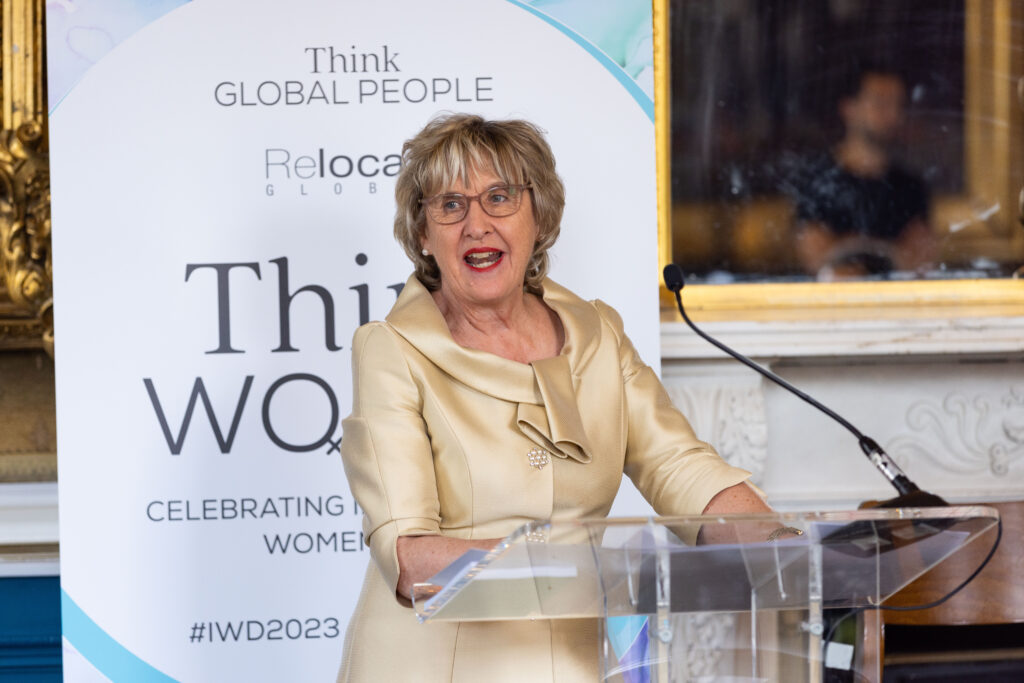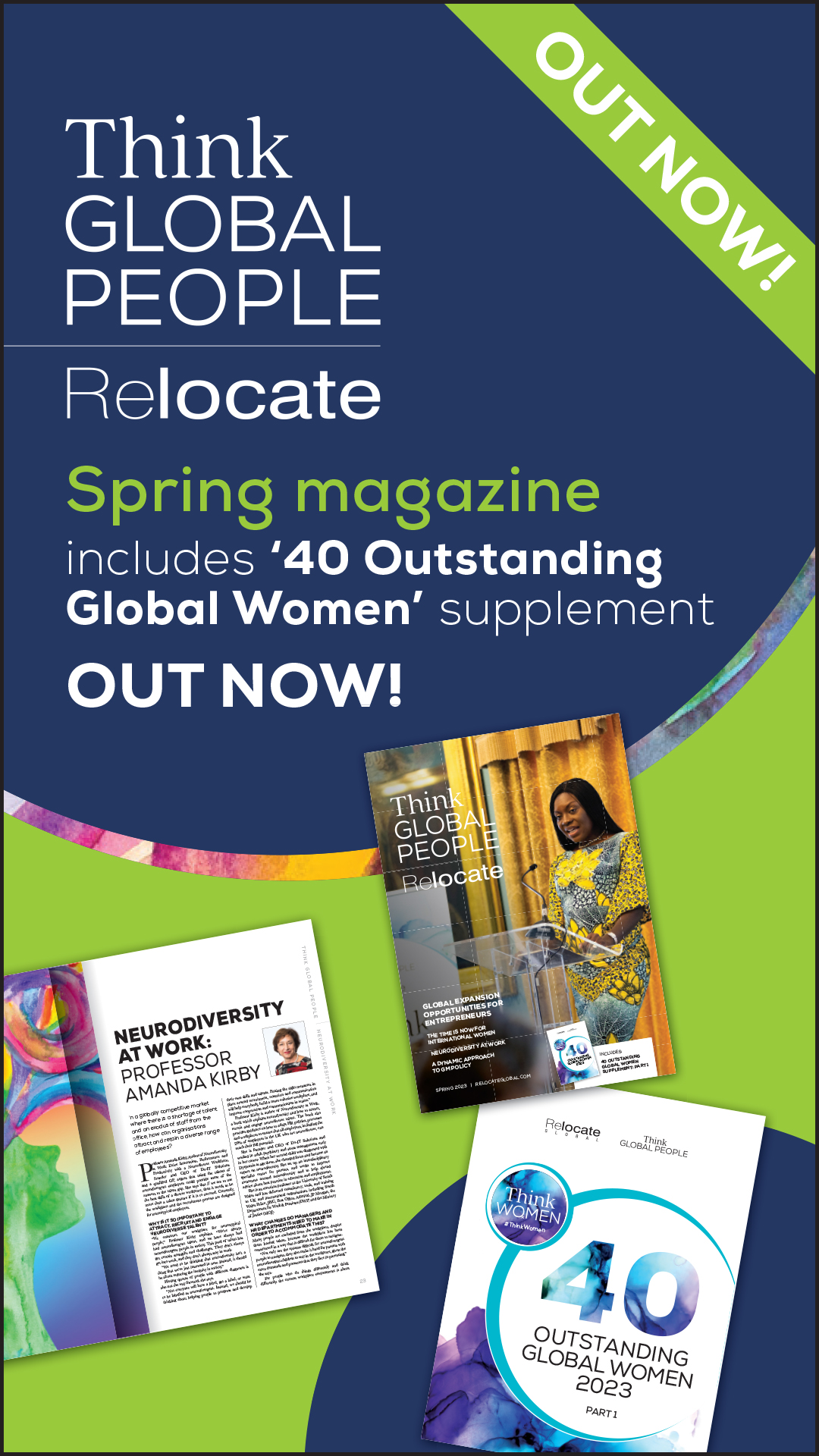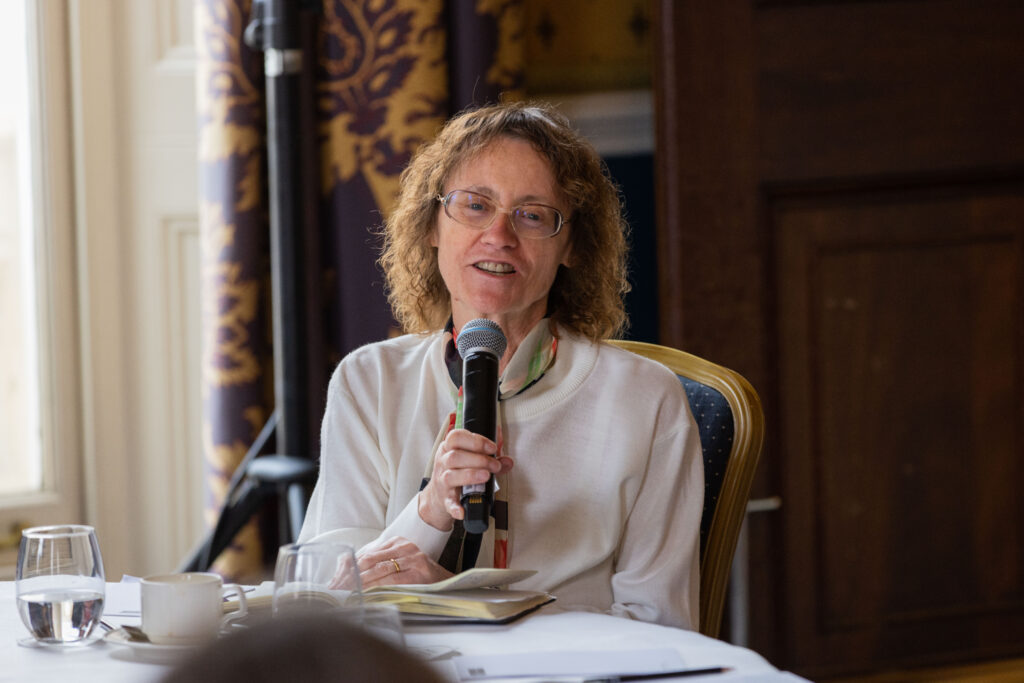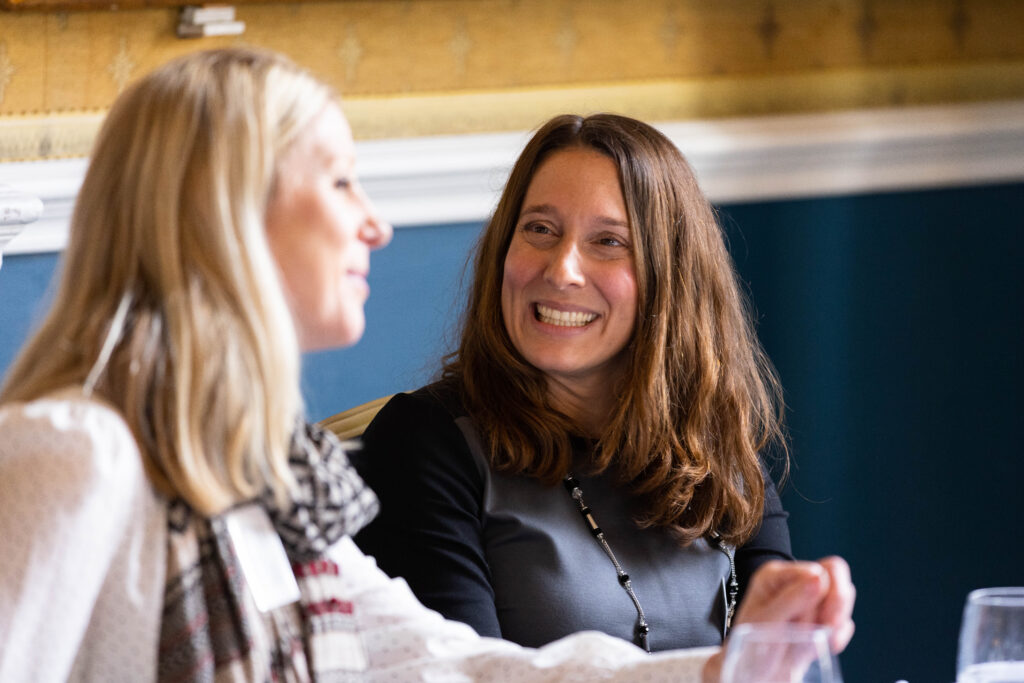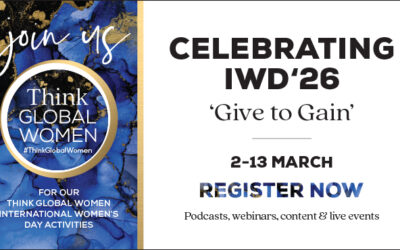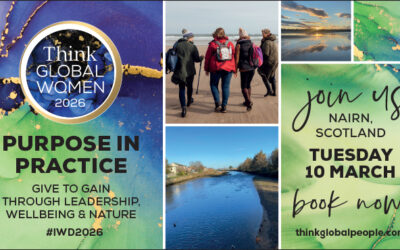Celebrating Women’s History Month with our profiles of 40 Global Women
Women’s History Month highlights the contributions of women to events in history and contemporary society. In order to highlight the amazing achievement of women within the global mobility sector, Relocate Global is showcasing 40 Outstanding Global Women 2023 who have made a difference to the industry.
Fiona Murchie, Founder & Managing Editor of Relocate Global, said the profiles of the outstanding women chosen showed a variety of roles, talents and expertise across a global industry.
“There is so much talent in Global Mobility, and we wanted to showcase the achievements of the women who have shaped and continue to innovate in so many different roles,” she said. “The themes that have come out of the profiles of our 40 Outstanding Global Women 2023 are ones of taking risks, pushing forward with your career, combining work and family pressures, finding a mentor, and using coaching opportunities to identify future career moves. I hope that our profiles will be an inspiration to all women, but particularly women in the early stages of their career who should be encouraged to go out and get international experience in their 20s and 30s.”
In addition, diversity, career opportunities and international experience will be among the themes being discussed at the Innovation Festival for Global Working in June 7 to 8, which Fiona says will provide the opportunity to join the best thinkers in global mobility, HR and leadership.
Delegates will be able to meet, network and learn from a global network of leaders and changemakers from the UK, Australia, USA, Germany, Singapore, France, Switzerland and around the world.
Fiona said: “Delegates will have the opportunity to collaborate with peers from international companies and visionary leaders across diverse industry sectors. The event is always thought-provoking and brings thought leadership from many different sectors into one place, all in a glorious countryside setting. It’s your opportunity to meet the Think People Global Community and learn about the innovations and opportunities coming up in Global Mobility. With all the changes that are taking place in terms of working, technology and travel, this is an event not to be missed!”
What we have learnt from our 40 Global Women
A key lesson that many of the women we profiled articulated was the huge advantage of having an international outlook and having early-career exposure to working and living in different geographies and different cultures. Dr Sue Shortland, Senior Lecturer in HRM at the University of Westminster, emphasises the importance of young women being given the opportunity to think more broadly about the careers available to them, and helping them learn the transferable skills which will help propel them into leadership roles. Her advice is to collaborate and drive your career forward.
“Take note of people who you can build relationships with, go back and revisit things, and find new ways to propel yourself to what it is that you want to do,” she says in our profile for 40 Global Women.
Lessons from women on risk and reward
Caroline Thorley-Farrer, Group Global Mobility Director at Worley, is at the forefront of innovative and inclusive approaches to recruiting, retaining and developing internationally mobile talent. Drawing on her own global experience, Caroline is finding ways to make the benefits of a multinational career available to all. In her profile, Caroline discusses her globally mobile childhood, diversity in the workplace, and how to encourage more women to take up overseas assignments, especially high-profile roles or in hardship locations. She explains that although in some industries it may be difficult to obtain total equity in overseas assignments, companies can and should be doing more to open up career opportunities to women.
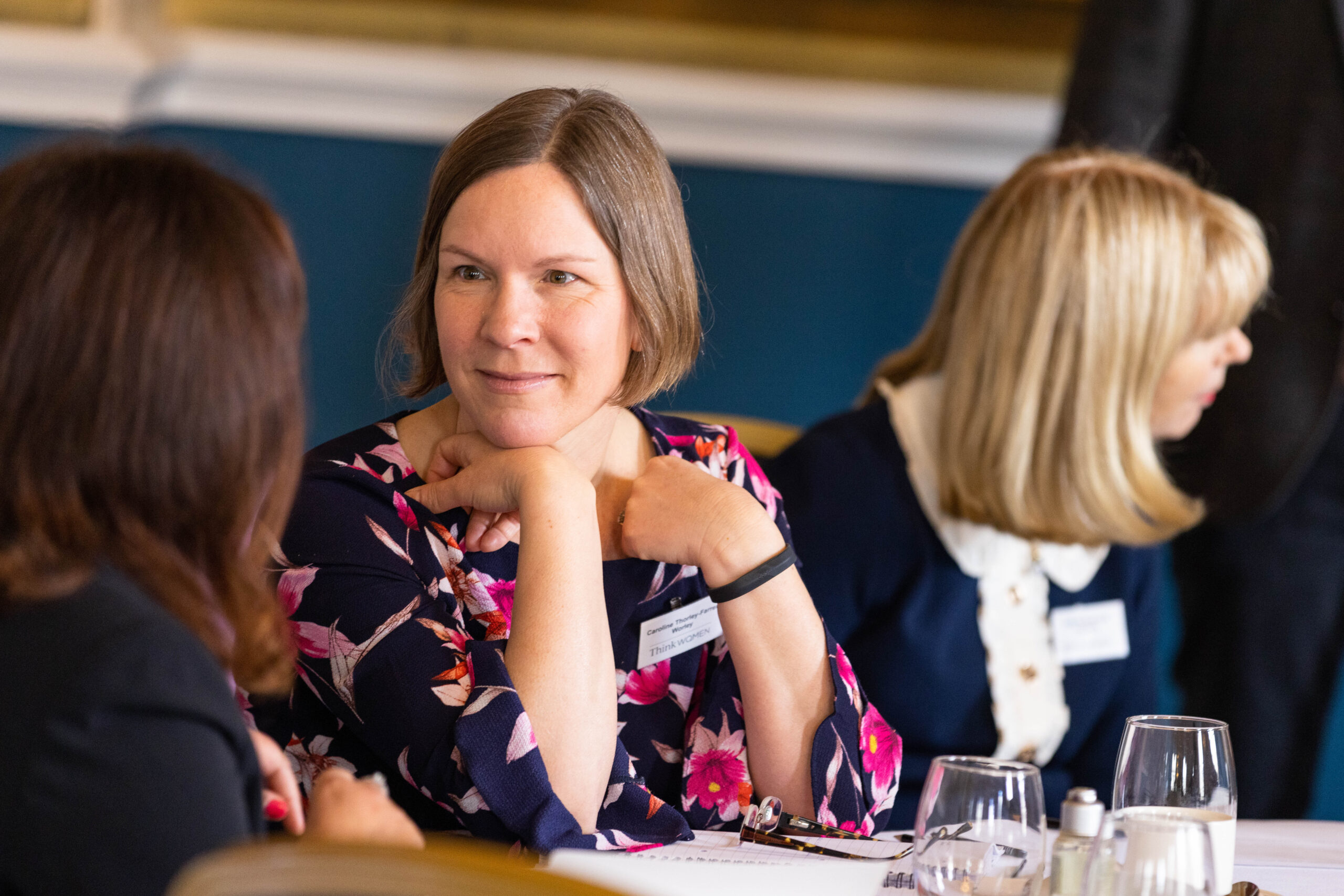
Leading in a personal and authentic style
In today’s hybrid workplace, the old command and control style of leadership seems outdated and unlikely to motivate diverse teams. Instead, leaders can be more confident in playing to their personal strengths rather than trying to fit a particular mould. Julia Palmer, Chief Operating Officer of Relocation and CHRO at Santa Fe Relocation, attended five different high schools across the globe when growing up as a teenager. She says her experience of being adaptable and able to negotiate different cultures has meant she can manage teams in an unique way. She says being authentic and personable as a leader has also been a bonus.
“I have been able to manage difficult clients and call out negative behaviour that I’ve seen in the workplace,” she says. “Having honesty and integrity has also helped to build people’s trust and confidence in me as well.”
Entrepreneur Ann Ellis, co-founder and CEO of global workforce solutions company, Mauve, is very much a hands-on manager. Her leadership style is to encourage and collaborate.
“I like to be collaborative,” says Ann. “I like being operational. I’m not one of these CEOs that sits in my office. I like to be involved and approachable. People come to me if they’ve got any issues or problems. I like to be there for anybody.”
“Take note of people who you can build relationships with, go back and revisit things, and find new ways to propel yourself to what it is that you want to do.“
— Dr. Sue Shortland, Senior Lecturer in HRM at the University of Westminster
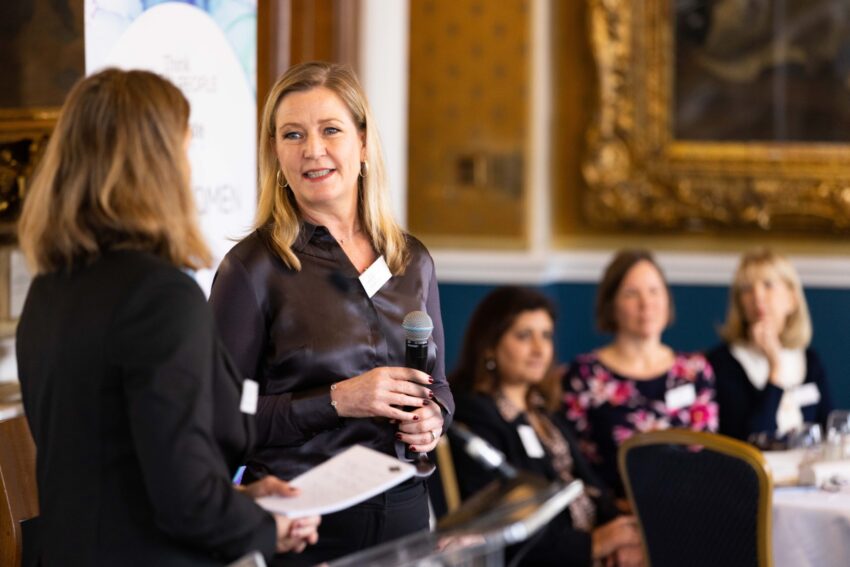
Moving the dial and challenging the status quo
Jenny Hinde is Executive Director at The Clear Company, a UK-based diversity and inclusion (D&I) firm specialising in inclusive recruitment and talent management insight, training, and technology.
She cites studies which show that bringing women into leadership roles can create improvements, both in financial and non-financial terms, for example in improving health and safety outcomes.
“The evidence is there that teams perform better not just financially but in other ways,” she says. “However, women in leadership still have a massive mountain to climb in terms of achieving equality from a leadership perspective.”
Dr Anino Emuwa is Founder and Managing Director of Avandis Consulting, a strategy and financial advisory firm in France, and the founder of 100 Women@Davos a community of impact-driven women CEOs, leaders, and change-makers originally launched in Davos in January 2019.
In her speech to the Think Women community in March, she shared a host of practical tips on how to boost your career and ensure you are front of mind for promotion.
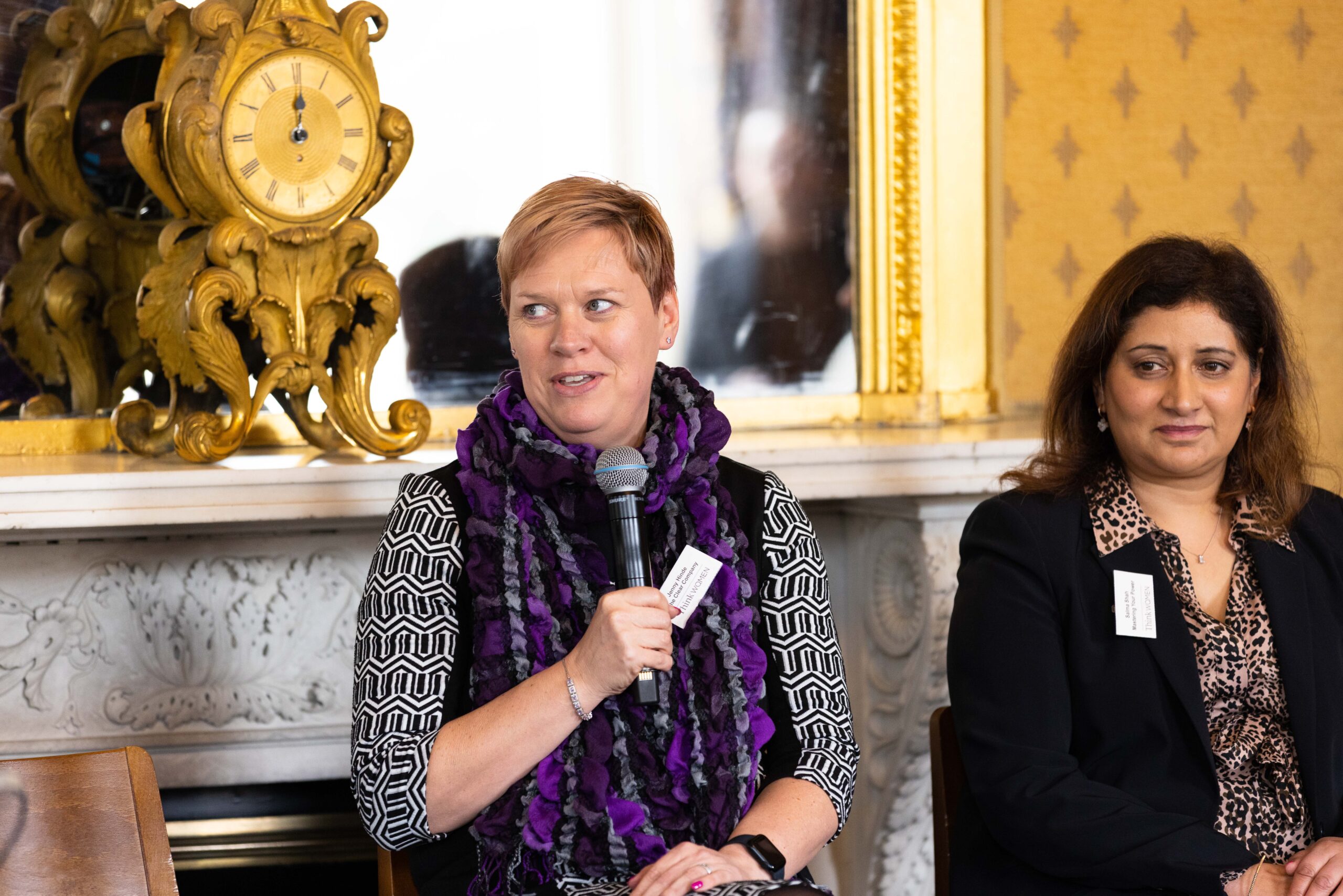
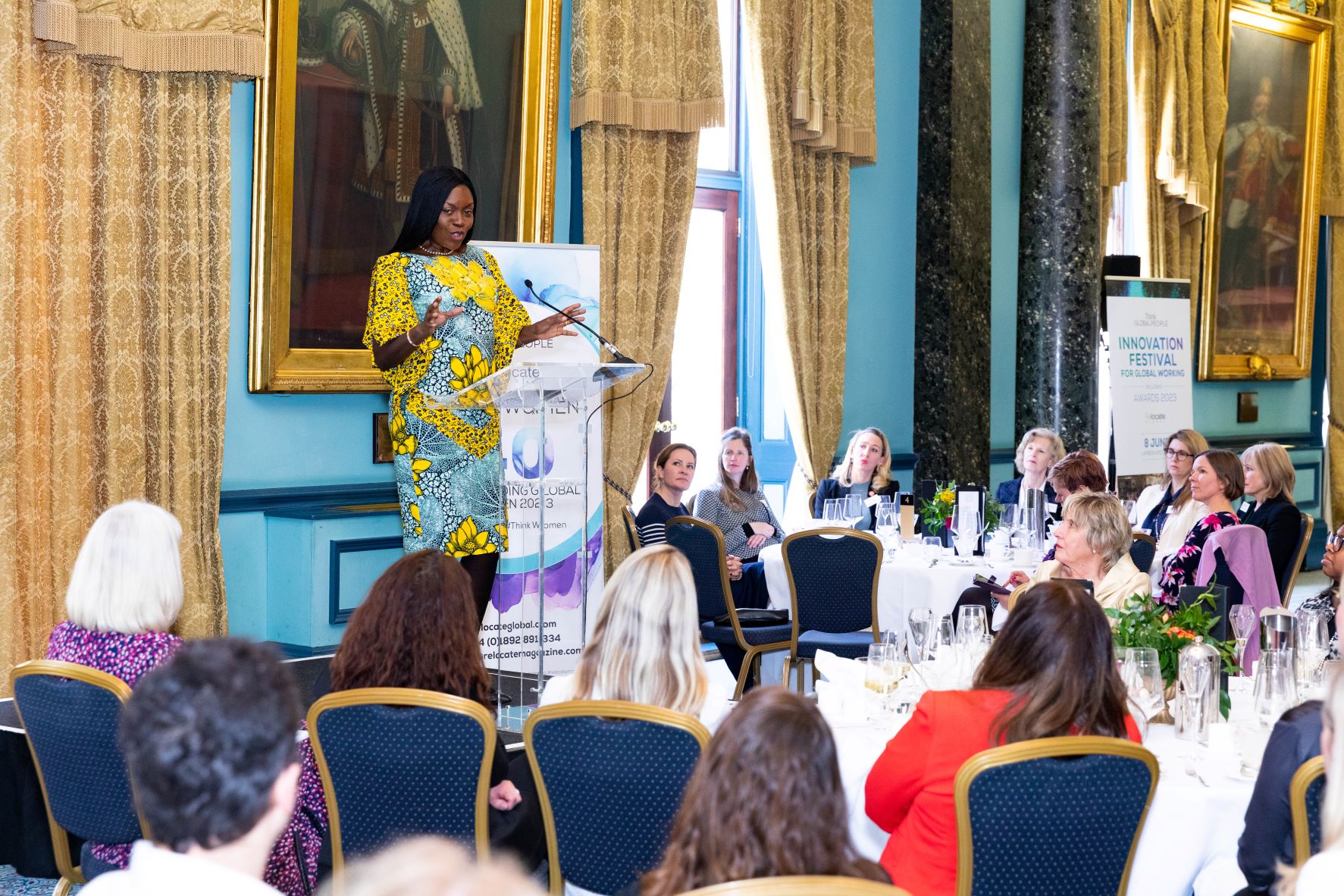
The non-linear trajectory of women’s careers
Increasing the number of female leaders in an organisation has many benefits, says Rachel Davis, Co-CEO Armstrong Craven, a global talent mapping and pipelining partner for scarce and senior positions.
She feels that there needs to be more emphasis on building a pipeline for the future, giving younger women more opportunities to build and develop leadership skills.
Creating a safe space for all employees
When we create a diverse environment where all voices are encouraged and valued, it pays dividends not just for women, who after all are not a single homogenous group, but for all employees.
As Salma Shah explains, looking at women’s careers and opportunities through an intersectional lens is important to ensure that women from different ethnicities and social classes have equal opportunities. She argues that creating a diverse workforce means opening up opportunities for all, rethinking overseas assignments, getting the right support and packages in place and not looking at women as a single homogenous group.
Inspiring women to move forward in their career
Fiona Murchie’s own story, which she told at Think Women, is equally inspiring. She described how Relocate Global has grown from a small operation in Scotland to a multi-national, multimedia organisation that is the leading source of thought-leadership, community, information and networking for the global mobility industry.
Her story of how she built the magazine, and then expanded into the website, webinars and podcasts, conferences and the annual Festival, is proof of how having a vision and a determination to offer something useful and valuable enables you to create something unique and powerful.
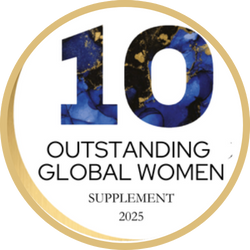
Read 10 Outstanding Global Women 2025 Supplement
Think Global WomenRead the 10 Outstanding Global Women Supplement Profile interviews and insights from 10 female leaders working in the sectors of global mobility, global leadership and international educationPreview the supplementRead the full 41 page...
What next to combat the gender pay gap?
There is still work to be done in terms of creating a more equitable workplace, not just in terms of career opportunity, but also in terms of equal pay.
This week the Guardian newspaper revealed that four out of five companies and organisations in the UK still pay their male employees more than female ones, according their analysis of the government’s gender pay gap reporting.
The newspaper and website said that median pay gap remains at 9.4% – the same level as in 2017-18, when employers were first required to publish the information. About 10,000 companies and public bodies filed their gender pay gaps to the government’s reporting mechanism before this week’s deadline (April 5, 2023).
Danni Hewson, founding ambassador of the AJ Bell Money Matters said more work needed to be done to address the fact that progress seemed to have stalled in terms of paying women the same rate for the job as men.
“Moves to give more parents free childcare from the point that parental leave ends will make a huge difference to decisions being made by many women about returning to the workplace after having children,” she said.
“But workplace culture needs to evolve further to allow greater flexibility to allow more women to keep pushing at that glass ceiling and take up senior, high paid roles in organisations. Women often find their career path takes a detour or changes direction just at the point careers are often taking off.
“Role models are hugely important and there are some brilliant women blazing a trail in all sectors including finance. But it’s not about one or two shining stars, it’s about giving all women the confidence and support to walk the same pathway. And the work needs to start early, to persuade more young women to enter sectors like finance. The current cost-of-living crisis has shone a light on the lack of financial resilience many people have. Addressing the gender pay gap would mean that women have more disposable income to invest for their future well-being and that would be a huge step forward.”
Yet women can achieve great career heights, as was shown in the International Women’s Day Exploring Space, Innovation & Leadership with Sarah Murray, NASA & ISSET.
Led by Fiona Murchie, this webinar explores themes around Sarah Murray’s ispiring story of a trailblazing career spanning over 20 years, including NASA and her passion for working with young people around the world through the ISSET outreach programmes.
In the UK, the Inner Wings Foundation is working hard to give junior school children the skills to be confident and articulate for life. Ellen Shustik, Head of Programmes and External Relations, has had an international career in politics and democratic support, but is now focusing on building the mental health & confidence of children and teens. She is also a passionate believer in how a global perspective can bring more valuable empathy to leadership roles. Our profile of Ellen reveals how her own experience of going to a good school which valued female contribution meant that she carried a personal confidence throughout her professional life.
Resources:
https://www.history.com/topics/holidays/womens-history-month
National Women’s History Alliance: https://nationalwomenshistoryalliance.org/special-event-announcing-the-2023-womens-history-theme/

